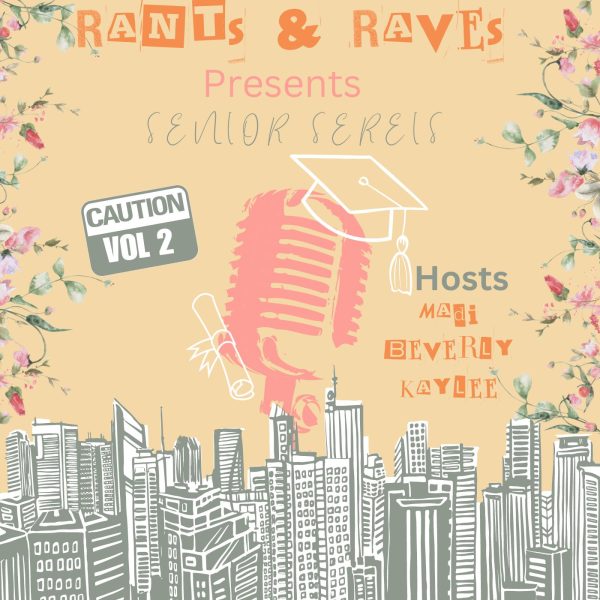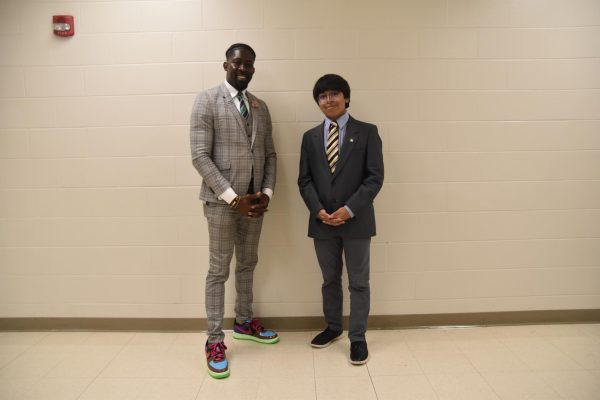Battling the stigma behind community colleges
May 24, 2021
Dumb, broke, cheap, under-achieving, too easy, boring, another version of high school. These are some negative connotations of community colleges and the students who attend them, but these stereotypes are far from true. The stigma around community college can be damaging because students think less of themselves and these schools that can be beneficial to them.
“If the stigma is that community college is a ‘poor man’s path to a higher education’ that is so much farther from the truth. Yes, community college will save you a lot of money and, in my opinion, the smarter route to go,” DMACC alum Brock Van Loon said.
Many think that going to community college means that you are poor or unintelligent, but many who attend just want to ease into the college experience. Community colleges, like Des Moines Area Community College (DMACC), have so many great opportunities that students miss because of the stigma around them. One could take general education classes, so they do not have to at a university or join a program specific to the career they want to pursue. It’s time to look past other people’s views of what a community college means and who goes there, and to look at how everyone can benefit from going to one.
“I just feel as though, DMACC has what I need to succeed, just like any other school,” senior Jessenia Burton said.
Students also attend community colleges because they have specific programs that will benefit them directly and the careers they hope to pursue.
“Benefits include financials and being close to home,” counselor Ashlee Duimstra said.
“If you are thinking of going to a community college, do it, whatever college you choose is valid.
College can be expensive, especially when you pay for it on your own. As of 2021, the cost to attend DMACC is less than $200 per credit hour (a typical full-time college student has 16 credit hours per semester), for two semesters the cost of tuition is less than $5,000. This saves students a lot of money in the long run and if the plan is to transfer to a 4-year university this money saved up could be used for other college experiences.
“If you stay on top of what transfers from your community to four-year university the transfer will be seamless,” Van Loon said.
Many students who attend a two-year community college plan to transfer to a four-year university to finish their degree. A former transfer student from DMACC to the University of Northern Iowa, Brock Van Loon, attended DMACC and got his general classes done before he went to UNI. This saved him a lot of money and stress, he was also able to have ‘the college experience’ at a state school. Community college is also a great option for people who do not know what they want to major in, you have an extra two years to figure that out before a university, if you plan to transfer.
“If you are thinking of going to a community college, do it, whatever college you choose is valid,” Burton said.







